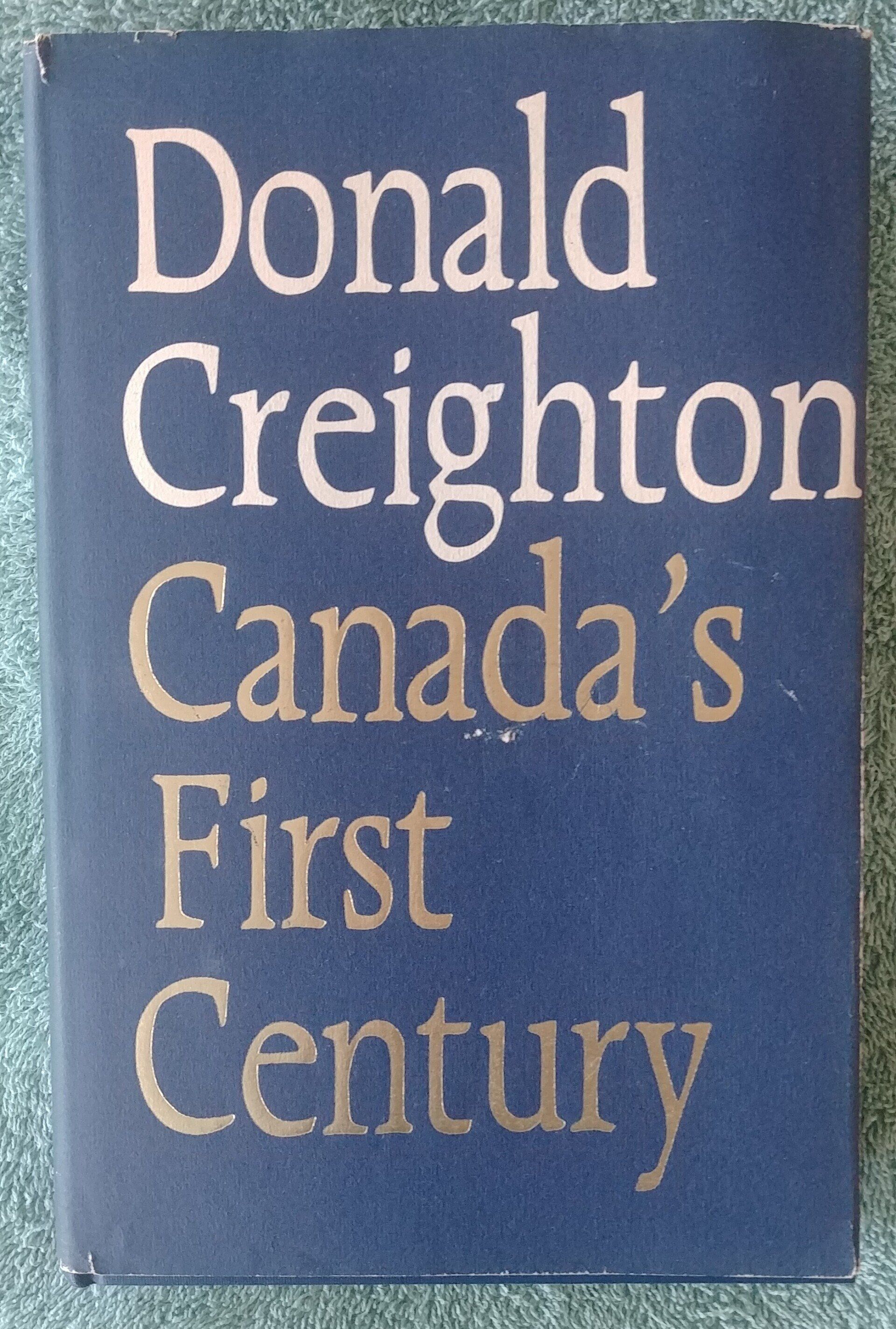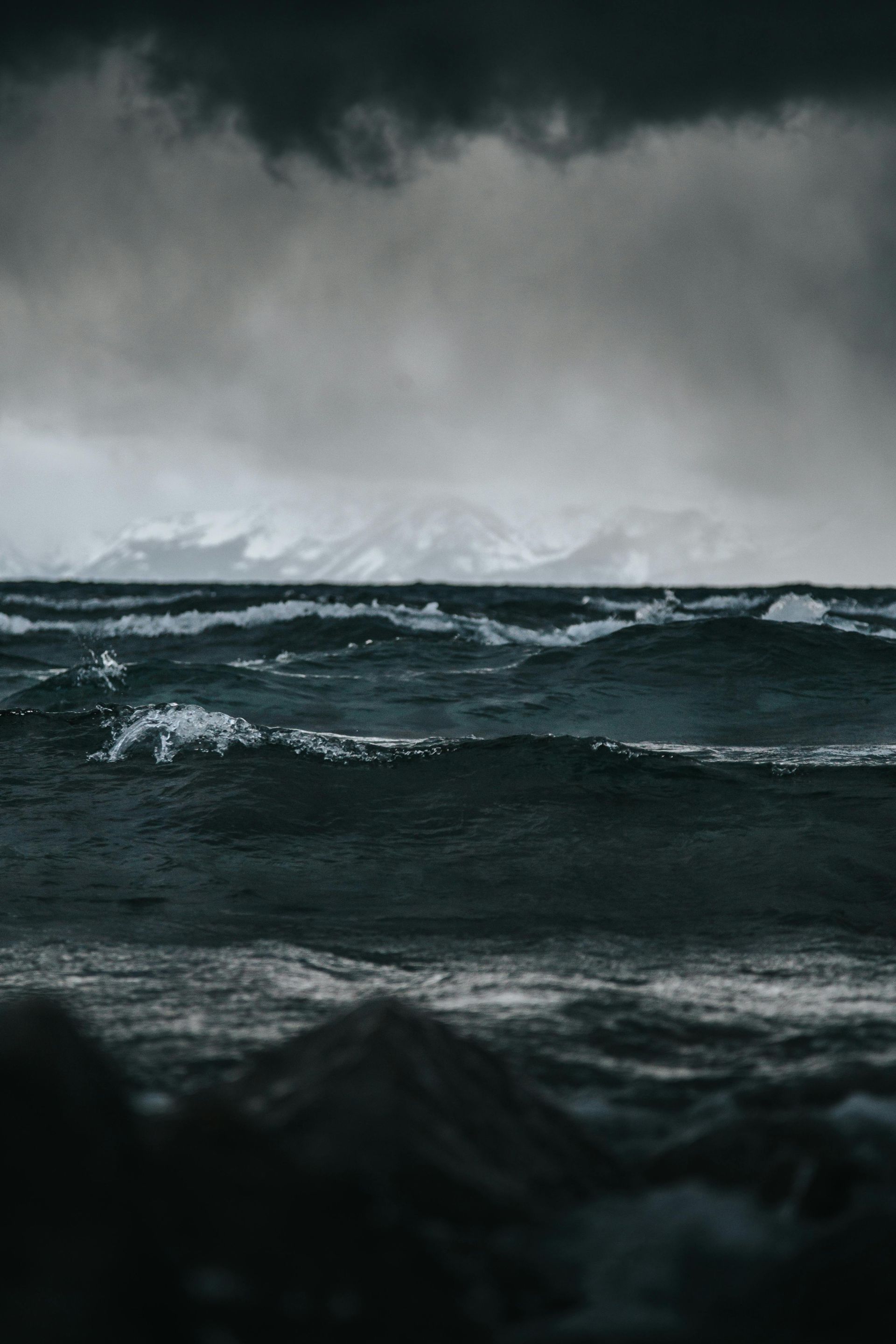Bliss for Some; Hell for Others

Previous Post
My last Pilgrim Praxis blog post ( http://www.minister.ca/beyond-ignorance-a-personal-journey) told the story of my awakening to the reality that Indigenous Peoples in Canada have long been unjustly treated and, in fact, became a subjugated minority of Canadian population. I apologized for my ignorance and apathetic blindness, and undertook to continue actively seeking greater justice in the Settler – Indigenous relationship.
Further Reflection - the 1967 Canada Yearbook
After posting, I continued wondering how I was able to be so ignorant for so long given the years I’d spent in education and informed, active living. So, I undertook some research. I went back to the Canada Yearbook issued in 1967. It was a special edition to celebrate the centennial of Confederation. The book, acquired just before my ordination, has had a much-neglected place on our bookshelves since that time.
The section focusing on Indigenous Peoples (then: Eskimos and Indians) reported bureaucratically that much was being done to benefit these Canadians, enabling them to cope with the transitions caused by government policy advancing sovereignty, settlement, and resource development. These transitions were, to be sure, imposed on all Indigenous Peoples – Inuit, First Nations, and Métis – and difficult, but they were resulting in “growing mutual understanding and appreciation.”
While concern about the transitions was noted, no consequences were listed., but an “Eskimo” leader Abraham Okpik was quoted about his concern to keep “Eskimo” culture alive:
“We are living in the present times without observing what we are losing, and that is our own Eskimo Inuk culture…. We should learn as much as we can from this new culture, but we must not forget our own culture….” (p. 61) Without naming it, Okpik was raising alarm about the government’s assimilationist (cultural genocide) policies and practices. The Yearbook reported no strategies to counter this threat.
The Yearbook went on to report without critique that the Indian Act of 1876 (updated in 1951) formed the basis of Indian policy, and “was mainly oriented towards paternalism and protection.” Between 1871 and 1877 seven treaties with First Nations of the west and north-west were concluded. “In return for certain considerations the Indians relinquished their rights to the lands from Lake Superior to the foot of the Rocky Mountains. The treaties, in general, gave the Indians the right to hunt and fish in the ceded territory as long as it remained the property of the Crown.” Nothing was said about lands that were sold or licensed to third parties. Reserves for Indigenous people were created for their homes and agricultural purposes and educational facilities were promised. P.66
The Yearbook does not report that the principal policy of the government was to erase the “Indian” from lives of the people and to transform them into Euro-Canadian Christians assimilated into the dominant and dominating cultures – French and English. But given the generally benign description of government policy in the Yearbook, one could easily conclude that matters were in relatively good hands and no particular alarms need be raised.
I was confirmed in the idea that the society I inhabited gave little thought to Indigenous peoples. in the creation of the Royal Commission on Bilingualism and Biculturalism (1963), there was no reference to Indigenous Peoples. Speaking of the “founding peoples of Canada”, only French and English cultures were acknowledged; and even when the mandate was enlarged to “report on the cultural contribution of other ethnic groups and how to preserve this”, Indigenous Peoples were again not mentioned. Colonial settler culture had blinders firmly in place when it came to Indigenous Peoples.
Donald Creighton's "Canada's First Century 1867-1967
I pursued my research by turning to another book that had been on my shelf from the early seventies. Donald Creighton, a pre-eminent and much-lauded Canadian historian teaching and researching at the University of Toronto, wrote his “Canada’s First Century 1867-1967”, a highly acclaimed work published in 1970. If I had chosen to take a Canadian history course in my UBC Arts program, I would certainly have been assigned readings from Creighton’s highly regarded history books.
I browsed this book and then went to its index to search for references to “Indian” (“indigenous” was not in use in the early 70s). I was stunned to find two lines only: “Indians: exchange land for reserves, 26; and Riel, 53-55.” No other page references to First Nations or Inuit Peoples could be found and flipping through the pages, the word “Indian” hardly appeared. Mention of the Riel and Red River Métis debacle was apparently deemed unavoidable – so it was given a couple of pages in the section describing the extension of Canadian government into the west. The ceding of Hudson’s Bay Company lands – Rupert’s Land and the North Western Territories – was reported as the Canadian government’s efforts to organize “its nearly empty domain.” Echoes of terrae nullius (lands of no one), we can assume, as if the presence of Indigenous and Metis people was hardly worth mentioning. (p. 17)
This primary record of the history of Canada as a nation didn’t have time or space for the Doctrine of Discovery - the core notion for dispossessing First Nations of their lands by colonial governments; no reference to the Indian Act - the over-arching legislation to address the Indian “problem”; nor governments’ uninterrupted efforts to subjugate Indigenous Peoples by seeking their assimilation into Euro-Canadian culture. Investigating further, I looked up some reviews of Creighton's writings and discovered that he was highly dismissive of Indians, emphasizing their primitive, nomadic ways.
My conclusion: Creighton’s approach to history was to intentionally sideline Indigenous peoples and write history from the perspective of the “victor”, willfully blind to crucially important Indigenous factors (and opportunities) in Canadian history. For his many contributions, Creighton was honoured by the government with the Order of Canada! Dominant cultures honour their intellectual champions, while oppressed minorities remain on the margins or on the underbelly of the culture..
Collective Responsibility and Mine
It is tempting to evade personal responsibility by only pointing blamefully at the Canada Yearbook of 1967 and Creighton’s partial history, and by projecting onto the dominant culture my own personal lack of awareness of and failure to research Indigenous matters back then. In those formative decades of my life, however, the culture did little to spark concern about the flawed foundations of Canadian sovereignty and the unjust policies dispossessing and assimilating Indigenous Peoples into the dominant culture. But as a privileged Euro-Canadian student of both history and theology, I failed to probe beneath the far too conventional cultural surface to turn up truth and justice.
I do wish there had been then access to the writing of Bob Joseph’s “21 Things You May Not Know about the Indian Act”, of Thomas King’s “The Inconvenient Indian”, of Arthur Manual’s “Unsettling Canada”, of Bruce McIvor’s “Standoff – Why Reconciliation Fails Indigenous People and How to Fix It”, and of many other Indigenous story tellers, scholars, and communities, documenting the injustices perpetrated against Indigenous Peoples and society's rejected opportunities to benefit from Indigenous wisdom and experience.
It’s not as though neglect, injustice, and suffering were not taking place and hadn’t happened for a century or two or three! But truth had a tough time penetrating the opaque fog of calculatedly cheery government reports or the willful conventional blindness of the era. And even when Indigenous poverty was made known, charity – not justice-based facts and action – too often soothed troubled spirits.
In 1747, English poet Thomas Gray, in his Ode on a Distant Prospect of Eton College, contradicting the witness of Ecclesiastes that wisdom is better than folly and light preferable to darkness, mused: “Thought would destroy their paradise. No more; where ignorance is bliss, ‘tis folly to be wise.” (my emphasis) The apparent Settler-Indigenous harmonious status quo of the day muffled the wailing and stifled the lament of Indigenous suffering. Researching and thinking about it might just taint Settler tranquility.
Thought Forgone
Few people sought to hear about Indigenous Peoples Illegitimately dispossessed of land and their inherited poverty and welfare. Treaties between the Crown and First Nations were regarded as acceptable surrender documents. Self-determining liberty was ostensibly exchanged for dependency and the dictates of Indian agents. Education meant “saving” children out of their “primitive” family environments and "generously" offering them opportunities to learn Settler ways in costly, but poorly-funded, unhealthy residential schools, where they could cleansed of their barbarous ways and brain-washed into Euro-Christian ways and ideologies. We did not hear about physical, psychological, and too often, sexual abuse – though as early as 1907 Dr. Peter Bruce had officially and publicly warned (at great personal cost) of the hazards claiming Indigenous children’s lives. We didn’t then know (or want to know) how many thousands of these children died from neglect and violence.
I didn’t learn about all that from the Yearbook or from Donald Creighton or from the libraries, where I borrowed books. I just assumed that the Crown had a right to control the vast lands of our country. I never thought to question the fact that for over 200 years till 1870, the Hudson’s Bay Company (HBC) had “owned” Rupert’s Land and the North-Western Territory under license from the British crown. I didn’t question that, in 1874, the Company was paid £300,000 from Canada via the British government for the land tract, while one-twentieth of the fertile areas could be opened for settlement – a generous “gift” of Indigenous land for a head start in the property development business for Settler shareholders of HBC and later Markborough properties, while Indigenous Peoples were impoverished.
Thought and Knowledge "Destroys Paradise"...
Once we ask questions and start researching what’s really going on, then bliss vanishes and we discover we’ve been living in a fantasy world. About Canada’s Indigenous Peoples, the data take us out of wonderland and out of the make believe world into hard and cruel reality. What may have been bliss for Settlers, was hell for Indigenous folks.
Today we have the information. We know governments whittled away at traditional Indigenous lands and are still doing so. We know that corporations plunder traditional lands for shareholders’ benefit - the minerals, the trees, the fish, the waters, the oil and gas, and all the other benefits of the lands that make the Crown and Settler society wealthy at the expense of the Indigenous Peoples. We know that the legal basis of this lop-sided arrangement is not just flawed, but non-existent – the Treaties, the Courts, Commissions and Investigations, international understandings like UNDRIP, the Constitution Act, the Charter of Rights and Freedoms – all are clear about the inherent and inalienable land and resources rights of Indigenous Peoples that the Crown must honour. We know what has happened in Residential Schools, we know about missing and murdered women and girls, we know about Jordan’s unobserved Principle, we know about water boil advisories – we know too much to be able to shelter behind ignorance or apathy.
...And Calls for Just Action.
All this – ethical, moral, legal, historical, sociological, educational, structural, natural – knowledge cries out for action to end the cursed Indian Act and finally, to resource Indigenous leadership and empower political leadership for the creation of new structures and transformed, justice-based relationships so that all Canadians may be blessed. We can’t go on acting as if all is okay. A return to ignorant bliss is inconceivable because it is illegal, criminal, and sinful.
The way to justice and peace in Canadian society is informed, courageous and imaginative action on the part of visionary leaders – Indigenous and Settler - supported by an informed population that nurtures respect, seeks justice, and walks humbly to ensure equitable sharing for all. Now is the time - the Kairos moment - for a new, justice-based relationship between Settler and Indigenous Peoples..
Pilgrim Praxis

Contact Harry
We will get back to you as soon as possible.
Please try again later.
